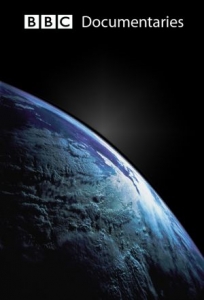Learn About The Art Of Documentary Filmmaking

Making documentary films is a rewarding profession and incredibly challenging. A number of documentary filmmakers take the path of simply conversing with individuals while standing in front of resourceful and artsy settings producing more of an ordinary type of film. Nevertheless, this style of documentary moviemaking may be dull and unexciting. The truth is that talking heads are uninteresting to tune into. If people are merely going to talk regarding their life occurrences, then writing down what happened would be a much better idea because people normally write more clearly than they speak. There will be no "ums", or uneasy silences.
The art of documentary filmmaking is the process of showing in place of telling. For instance, instead of having someone describe the meaning of poverty, why not show poverty. The viewers are bright enough to make their own decisions and definitions on the topic. Tape in communities where poverty or homelessness is widespread. What about showing the everyday life of people existing in poverty or homelessness? Regarding to homelessness - show where they stay nightly, what they are doing throughout the day, where do they get their food and how they survive day to day.
Film is a visual agent and people watch films to have their visual senses peaked. Merely watching someone speak is not visually appealing. The subject matter may be more interesting from an auditory viewpoint. So then it would be more reasonable to publish a book in lieu of shooting a film. You ought to make your documentary films visually appealing just like the BBC documentary.
However, that does not mean that talking heads have to be removed entirely. This can be a method to clarify highly difficult topics or present material that cannot be shown and must be voiced orally. They can supply authentication for your thesis based on their qualifications for your films and offer backup explanations. The point is to just use them sparingly.
The art of documentary filmmaking is the process of showing in place of telling. For instance, instead of having someone describe the meaning of poverty, why not show poverty. The viewers are bright enough to make their own decisions and definitions on the topic. Tape in communities where poverty or homelessness is widespread. What about showing the everyday life of people existing in poverty or homelessness? Regarding to homelessness - show where they stay nightly, what they are doing throughout the day, where do they get their food and how they survive day to day.
Film is a visual agent and people watch films to have their visual senses peaked. Merely watching someone speak is not visually appealing. The subject matter may be more interesting from an auditory viewpoint. So then it would be more reasonable to publish a book in lieu of shooting a film. You ought to make your documentary films visually appealing just like the BBC documentary.
However, that does not mean that talking heads have to be removed entirely. This can be a method to clarify highly difficult topics or present material that cannot be shown and must be voiced orally. They can supply authentication for your thesis based on their qualifications for your films and offer backup explanations. The point is to just use them sparingly.
